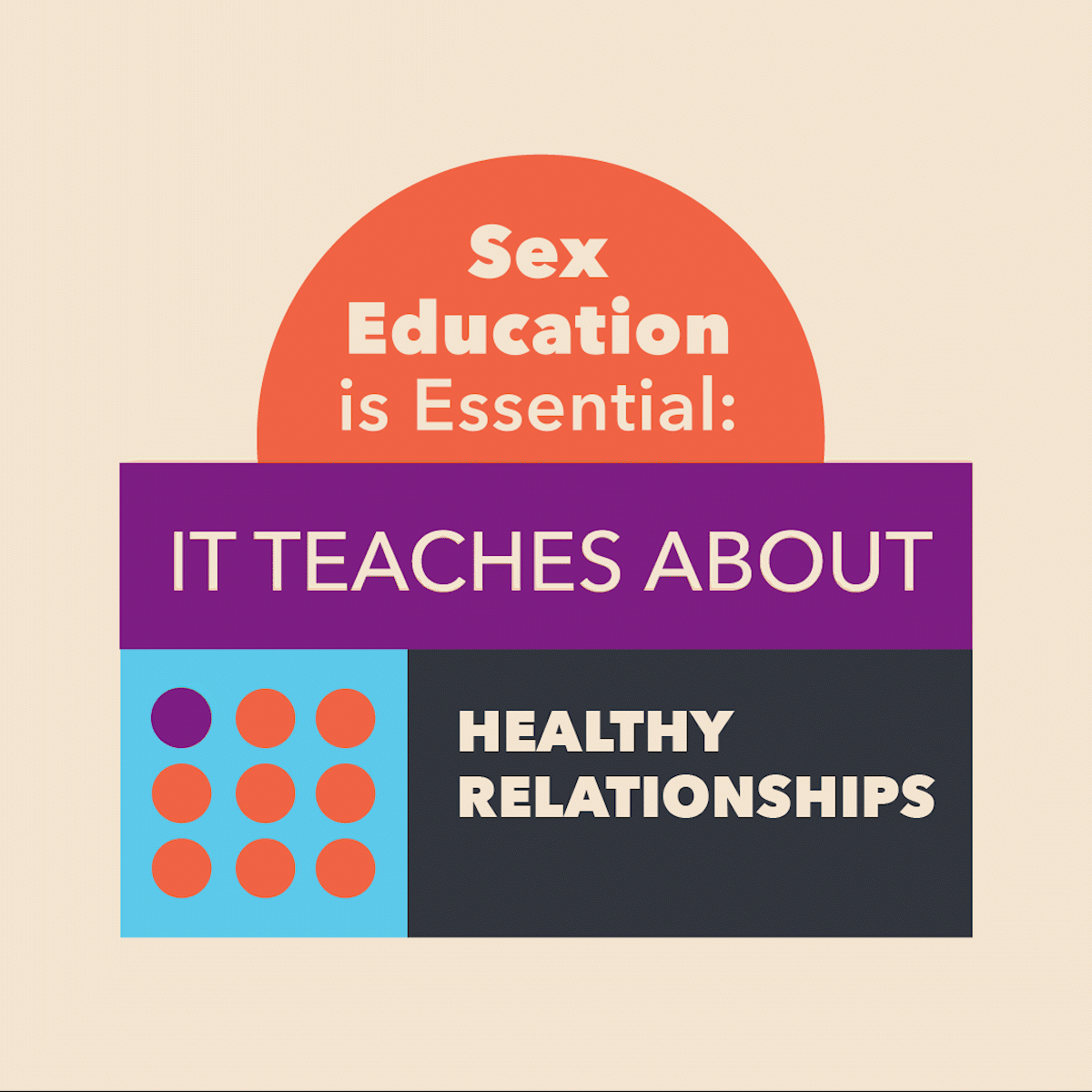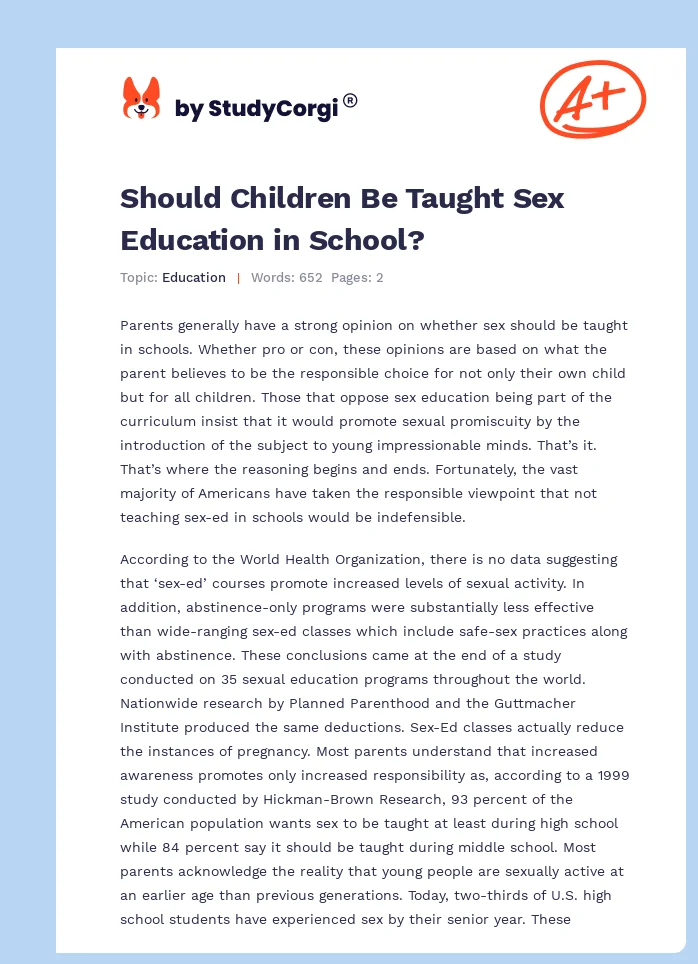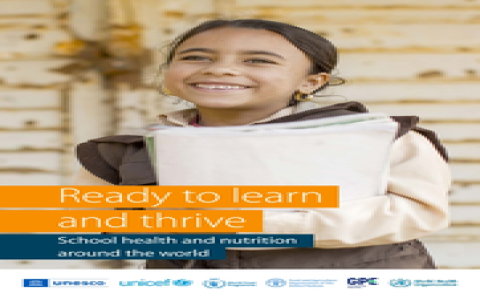Today, I want to talk about something that’s been on my mind a lot lately: sex education in schools. I’ve been doing some digging and thinking, and I’ve come to some conclusions that I think are worth sharing. It’s a bit of a messy journey, but stick with me, and let’s see where we end up.

So, I started by just thinking about my own experiences. Back in school, sex ed was this awkward, hush-hush thing. We got the basic biology, but it was all very clinical and didn’t really tell us much about real life. It got me wondering, is this the same for kids today? That’s when I began to look into it.
First, I started to read some articles and official reports. What I found was pretty interesting. A lot of sources say that good sex education in schools is super important. They say it’s not just about, you know, the physical stuff. It’s also about teaching kids about healthy relationships, consent, and boundaries. It’s about helping them understand their own bodies and emotions.
Then I started looking into surveys. The Australian National Survey of Secondary Students and Sexual Health (SSASH) is a big one. It’s all about what school kids know and think about sexual health. These surveys gave me an idea of the bigger picture, beyond just my own experience. It got me thinking, what are schools actually teaching, and is it working?
I also started to see that sex education is about more than just preventing unwanted pregnancies or STIs. It’s about equipping young people with the knowledge and skills to protect their overall health. It’s about making sure they feel empowered and informed, not scared or confused.
My Thought Process
As I was going through all this, here’s what was running through my head:

- Why is this important? I kept coming back to this question. It’s clear that sex education is crucial for young people’s well-being. It’s not just about sex; it’s about their overall health and development.
- What’s missing? I felt like there was a gap between what the experts were saying and what kids were actually learning. It seemed like there’s a lot more to cover than just the basic biology stuff.
- How can we make it better? I started thinking about practical steps. How can we make sure that sex education is comprehensive, inclusive, and actually helpful for young people?
After all this, I came to a few realizations. First, sex education needs to be a regular, ongoing part of school curriculums. It can’t just be a one-off, awkward lesson. Second, it needs to be comprehensive. That means covering everything from the biological aspects to the emotional and social sides of relationships. And third, it needs to be inclusive and respectful of all students, no matter their background or identity.
This journey has been a bit all over the place, but it’s been really eye-opening for me. I hope that by sharing this, maybe we can start some more conversations about how to improve sex education in schools. It’s such an important topic, and it deserves our attention. Thanks for sticking with me through this thought process. I’d love to hear your thoughts and experiences too!











